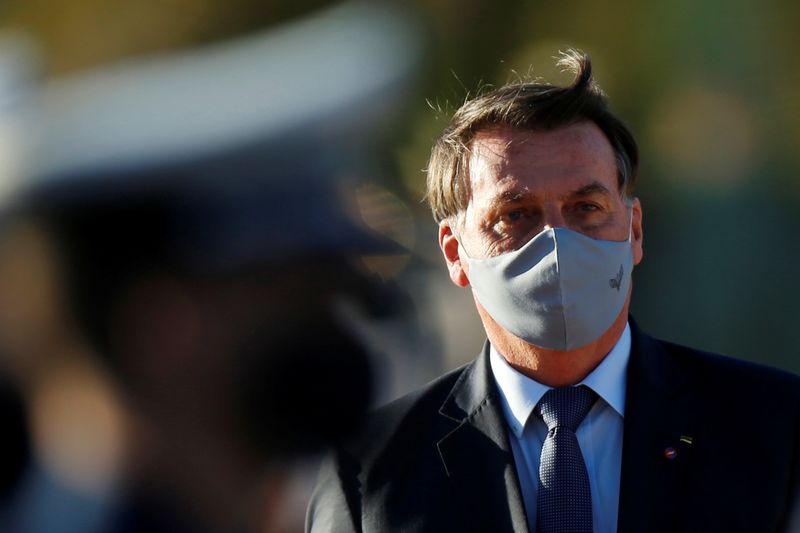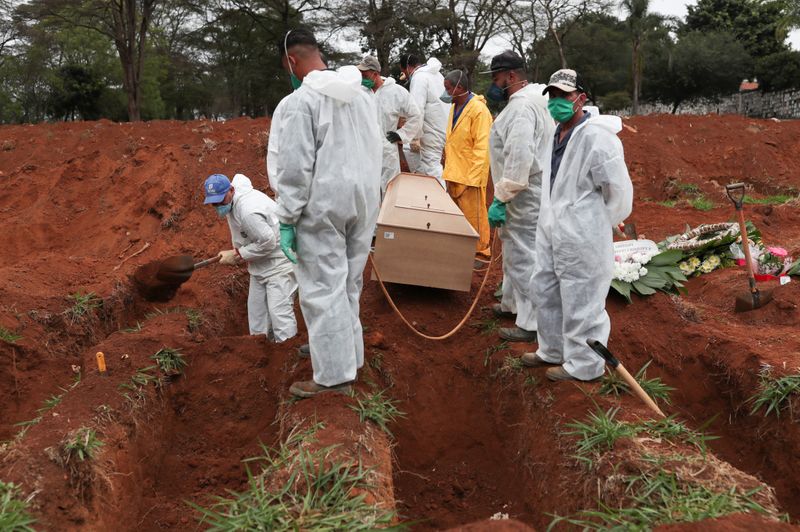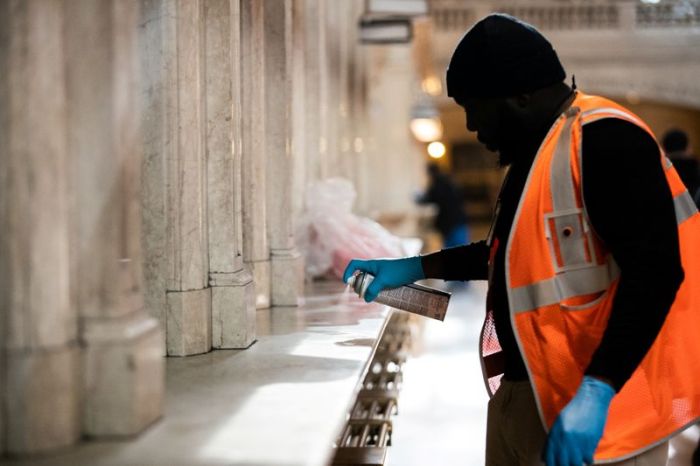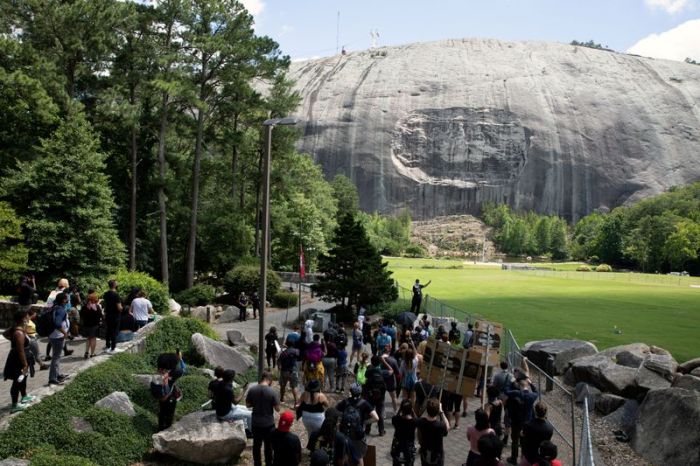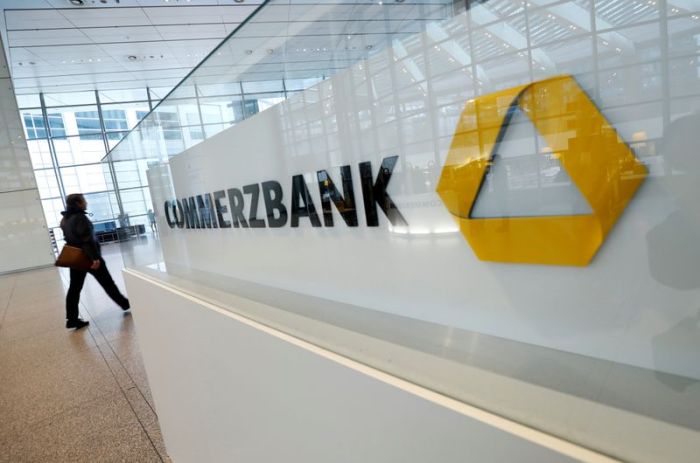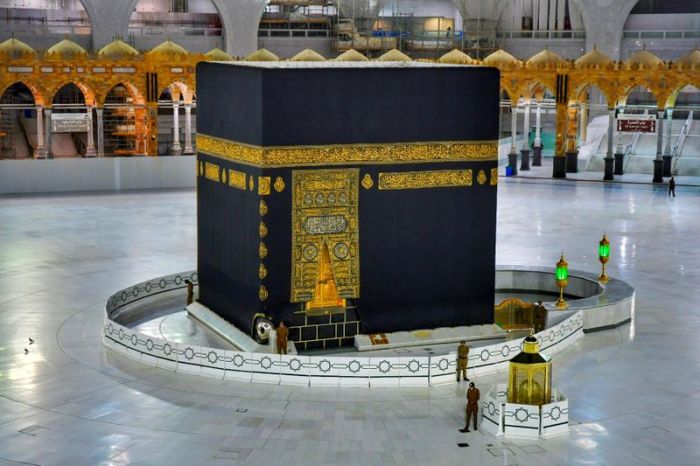RIO DE JANEIRO (Reuters) – Brazilian President Jair Bolsonaro said on Monday he had undergone another test for the novel coronavirus and his lungs were “clean,” after local media reported he had symptoms associated with the COVID-19 respiratory disease.
Bolsonaro has repeatedly played down the impact of the virus, even as Brazil has suffered one of the world’s worst outbreaks, with more than 1.6 million confirmed cases and 65,000 related deaths, according to official data on Monday.
CNN Brasil and newspaper Estado de S.Paulo reported that he had symptoms of the disease, such as a fever.
Bolsonaro told supporters outside the presidential palace that he had just visited the hospital and been tested.
“I can’t get very close,” he said in comments recorded by Foco do Brasil, a pro-government YouTube channel. “I came from the hospital. I underwent a lung scan. The lung’s clean.”
The president’s office said in a statement that the president is at his home and is “in good health.”
The right-wing populist has often defied local guidelines to wear a mask in public, even after a judge ordered him to do so in late June.
Over the weekend, Bolsonaro attended several events and was in close contact with the U.S. ambassador to Brazil during July 4 celebrations.
The U.S. embassy in Brasilia said via Twitter that Todd Chapman, the ambassador, had lunch on July 4 with Bolsonaro, five ministers and Bolsonaro’s son, Eduardo, who is a federal congressman. The ambassador has no symptoms, but will undergo testing and is “taking precautions,” the embassy said.
Bolsonaro tested negative for the coronavirus after several aides were diagnosed following a visit to U.S. President Donald Trump’s Mar-a-Lago, Florida, estate in March.
CNN Brasil reported that Bolsonaro has begun taking the drugs hydroxychloroquine and azithromycin, which he touts as a COVID-19 treatment despite little proof of their effectiveness.
Bolsonaro’s official events on Tuesday have been canceled, according to CNN Brasil.
(Reporting by Pedro Fonseca and Gram Slattery; Additional reporting by Gabriel Ponte, Maria Carolina Marcello, Ricardo Brito and Anthony Boadle in Brasilia; Editing by Brad Haynes, Sonya Hepinstall and Michael Perry)

